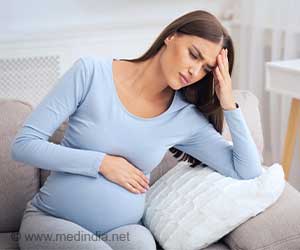According to the Human Fertility and Embryology Authority (HFEA) is evident that there is an increase in the rates of women attaining motherhood at a later age.
According to figures from the Human Fertility and Embryology Authority (HFEA) is evident that there is an increase in the rates of women attaining motherhood at a later age. Based on statistics it was seen that in 1992, just one baby was born to a mother aged 50 or over. But in 2002, 24 babies were born to women in that age group after IVF treatment. Though rules by the NHS say that IVF should not be done to women over 39 there is no legal IVF age limit. Recently Dr Patricia Rashbrook, of Lewes, East Sussex, became Britain's oldest mother at the age of 63. She underwent IVF treatment from an Italian fertility doctor Severino Antinori. The HFEA shows that there is an increase both in the number of women seeking IVF and the number of babies born after IVF.
In 2002, over 7,700 women aged 40 to 44 had IVF, with 524 babies born and among 595 women aged 45 to 49 only 106 live births were seen. The parliament passed laws about fertility treatment but did not mention anything about age limit for IVF treatment. So the doctors had to decide the welfare of any child born to older mother. They should bear in mind that older mothers are at increased risk of stroke, heart attack, pre-eclampsia, diabetes, high blood pressure and multiple births. Dr Allan Pacey, of the British Fertility Society, said that the reason for a surge in older women becoming mothers is mainly due to the NHS waiting list.





